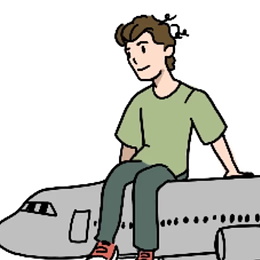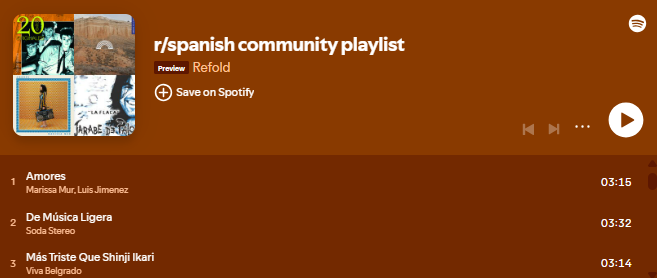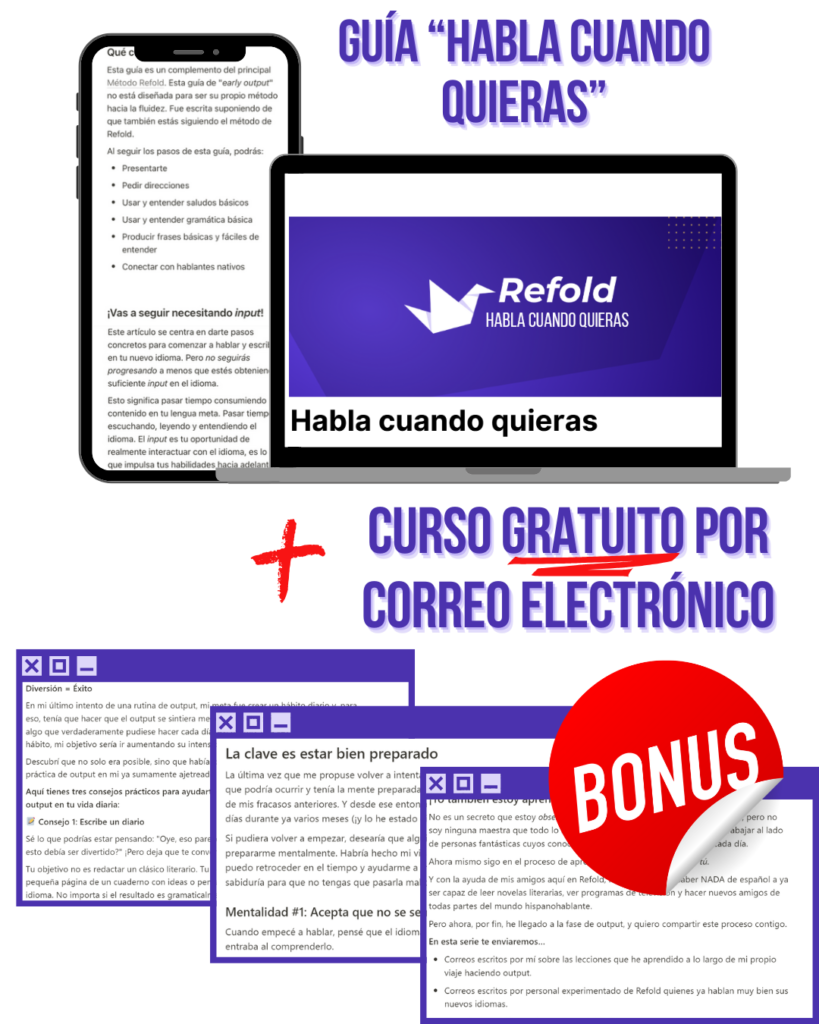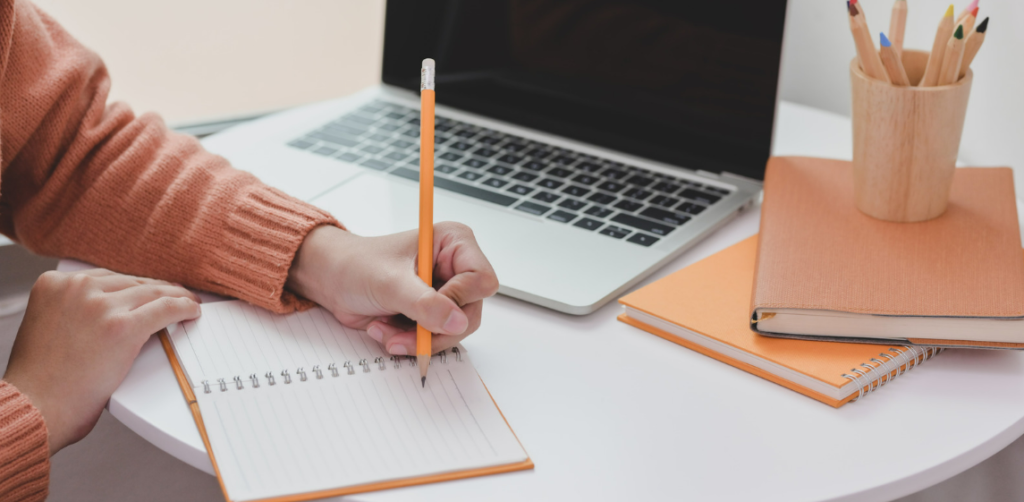
Hey there language learners! It’s me, Bree again! A while ago, I wrote about how much I love “how-to” articles and how I use copywork to become a better writer in my target language.
Today, I want to share another one of my favorite writing exercises to improve writing! I’ve been pairing with “how-to” articles—a fun exercise that’s helped me take my writing skills to the next level: reaction writing.
Why I Struggled To Improve My Writing

I found that reading was the best way to target the gaps in my vocabulary. I identified the things I care about and talk about daily—and found content specifically about those things. Then, I used copywork to train myself to notice the small details and emulate the way my favorite authors wrote. However, I needed different exercises to improve my writing.
These strategies worked wonders for noticing new vocabulary and grammar structures. But when it came time to actually use what I’d learned, I ran into a few challenges:
- I couldn’t write with focus: Every time I sat down to write, I either repeated the same ideas over and over or rambled without direction. I felt like I was stuck in a loop, and I wasn’t pushing myself to use the new vocabulary I’d worked so hard to learn.
- I lost my flow when I couldn’t remember words: Words and phrases would get stuck on the tip of my tongue, and I’d freeze. When I had to stop and look something up, it completely broke my flow. By the time I found the word, my train of thought was already gone.
I knew I needed something different—a way to bridge the gap between noticing and actually using new vocabulary. I wanted a strategy that gave me structure, kept me focused, and helped me practice what I was learning—so I tried a new writing exercise, reaction writing.
Like what you see?
Sign up now and we'll deliver even MORE amazing content like this right to your inbox!
- Receive our exclusive 6 SECRETS to language learning success email course.
- Stay motivated with weekly emails overflowing with helpful language-learning tips, tutorials, and more!
- Get behind the scenes access into the inner workings of Refold!
Get our 6 SECRETS to language learning success
How to Be a Better Writer With Reaction Writing
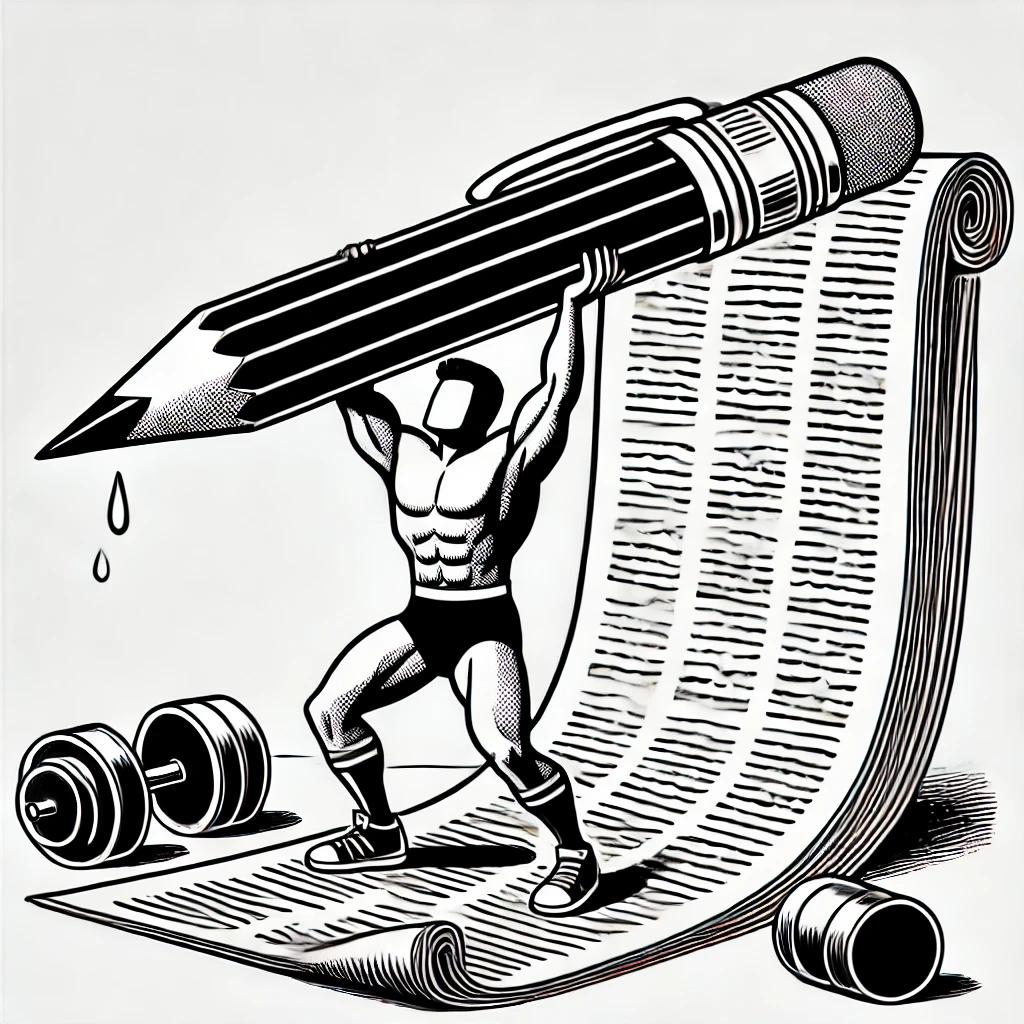
Instead of just sitting down and writing whatever comes to mind—reaction writing ties writing and reading together to help you get more from BOTH!
Here’s how I used it to become a better writer:
You read an article, and after each paragraph—or every few paragraphs—you write your reaction to what you just read. For example, you can:
- Summarize the key points in your own words.
- Share your opinion about the ideas presented.
- Make connections to your own experiences.
Here’s how I do it:
- Find an article in your target language. Pick something interesting and relevant to you, like a “how-to” article, blog post, news piece, or short story—anything that keeps you motivated to read.
- Read and react paragraph by paragraph. After each paragraph (or every couple), write a quick reaction. Summarize, share your opinion, or make a connection—just keep it natural and stay in the flow.
- If you get stuck, borrow from the article. Can’t find the right word? Look back at the article and reuse its vocabulary. This keeps you writing without breaking your flow and helps you practice using new words in context.
- Review your writing to reinforce it. When you’re done, read back through what you wrote. This helps lock in the vocabulary and phrases you used, making it easier to recall them later.
Extra Credit: Correct and Copy Your OWN Work!
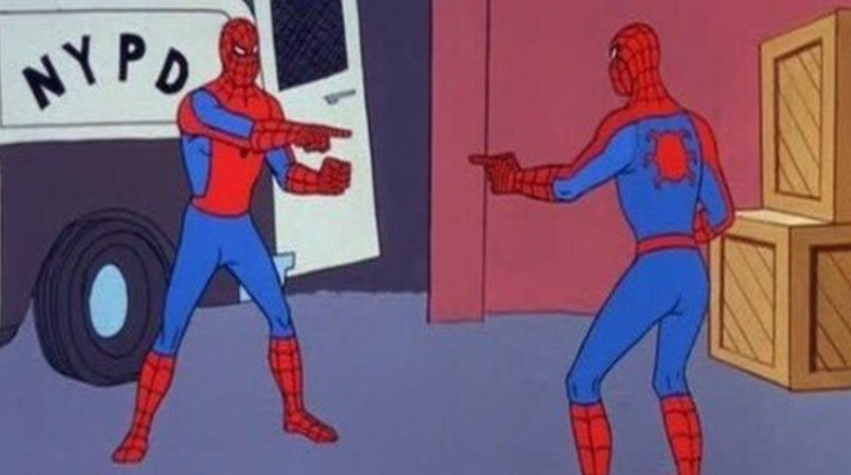
Want to make even more progress? Here’s how to go the extra mile with your reaction writing:
- Get your writing corrected. Once you’ve finished your reaction writing, ask ChatGPT or a language tutor for feedback. When you receive corrections, make sure they’re easy to identify (underlined, bolded, etc.) for easy reference later.
- Do copywork with your own writing. Yes, copywork strikes again! After getting your writing corrected, copy it by hand to reinforce what you’ve learned—paying careful attention to the corrections you received. Writing out sentences you’ve created yourself by hand makes them stick even better in your brain.
What Do You Think?
Will you add reaction writing to your language-learning toolbox? Try it! Did it feel more productive than journaling? Reaction writing has helped me practice using what I learned, and I bet it can do the same for you.
Like what you see?
Sign up now and we'll deliver even MORE amazing content like this right to your inbox!
- Receive our exclusive 6 SECRETS to language learning success email course.
- Stay motivated with weekly emails overflowing with helpful language-learning tips, tutorials, and more!
- Get behind the scenes access into the inner workings of Refold!

